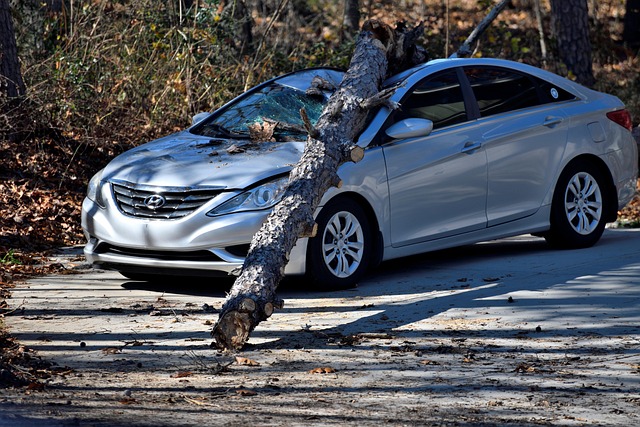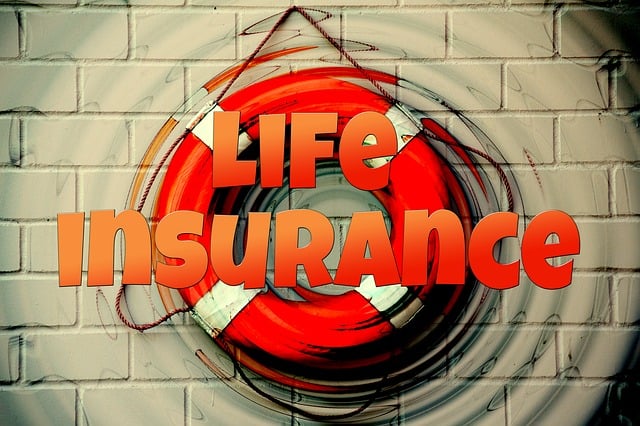Comprehensive car insurance offers broad protection against various risks beyond basic liability, including natural disasters, theft, vandalism, and animal incidents. It covers vehicle repair/replacement up to actual cash value, compensates for lost personal belongings, and includes roadside assistance, rental car coverage, legal expenses. Exclusions typically include disaster damage, war, routine maintenance, high-risk activities. Understanding what's covered is key to choosing suitable protection for unique road needs.
Comprehensive car insurance is an essential coverage option for vehicle owners, offering far more protection than a standard policy. This type of insurance provides a safety net against various risks and unforeseen events. In this article, we’ll explore what comprehensive car insurance covers, from damage to your vehicle and third-party liability to additional benefits. By understanding these key aspects, you can make informed decisions about your auto coverage and ensure peace of mind on the road. Discover the full scope of protection that comprehensive car insurance provides.
Understanding Comprehensive Car Insurance

Comprehensive car insurance is a type of auto coverage that goes beyond the basic liability policies, offering protection for a wide range of potential risks and damages. When you have comprehensive insurance, what does it cover? In simple terms, it covers most events that cause damage to your vehicle other than accidents. This includes natural disasters like floods, fires, theft, vandalism, and even animal-related incidents.
Understanding this type of insurance is crucial for drivers as it provides peace of mind knowing that unexpected events won’t leave them with a hefty repair bill. It typically covers the cost of repairing or replacing your vehicle, up to its actual cash value, which is determined by age, make, model, and other factors. This ensures that you’re protected against various risks, giving you the freedom to enjoy the road without constant worry.
Key Coverage Areas: What It Covers

Comprehensive car insurance offers protection against a wide range of unforeseen events, going beyond the basic liability coverage. When we talk about what does comprehensive car insurance cover? we’re looking at several key areas that can provide peace of mind behind the wheel.
Firstly, it typically covers damage to your vehicle from accidents, natural disasters like floods or storms, and even theft or vandalism. This means if your car is damaged in a collision with another vehicle or suffers hail damage during a storm, comprehensive insurance will step in to help with repairs or replacement costs. It also protects against more peculiar events such as animal-related incidents, like when a deer runs into your windshield. In addition to physical damage, comprehensive insurance often includes coverage for personal belongings left in your car, providing reimbursement if they are stolen.
Damage to Your Vehicle: Repairs and Replacement

Comprehensive car insurance, as the name suggests, offers a wide-ranging protection plan for vehicle owners. When it comes to damage to your vehicle, this type of coverage steps in to help with repairs and replacement. If your car is damaged due to events beyond your control, such as accidents, natural disasters, or theft, comprehensive insurance will typically cover the costs.
This includes fixing or replacing essential parts and components, ensuring your vehicle returns to its pre-damage condition. What’s more, if your car is deemed a total loss, comprehensive insurance will provide compensation for the value of the vehicle, allowing you to purchase a new one or invest in another mode of transport.
Third-Party Liability: Protecting Against Legal Costs

Third-party liability is a crucial component of comprehensive car insurance, offering protection against potential legal costs and financial burdens. This aspect ensures that if you cause damage to another person’s property or injury to someone else while driving, your insurance will step in to cover the expenses. It includes compensation for medical bills, legal fees, and any damages awarded by a court of law.
When you’re covered for third-party liability, you’re not just insuring your vehicle but also demonstrating responsibility as a driver. This type of coverage is essential, as it protects you from significant financial risks that could arise from an accident involving other parties. It’s a critical element to consider when understanding what does comprehensive car insurance cover?
Additional Benefits: Extending Your Protection

Comprehensive car insurance offers more than just protection against accidents; it provides a safety net for a wide range of unforeseen events. In addition to covering traditional risks like theft, damage from natural disasters, and collision with other vehicles, comprehensive policies often include perks that extend your protection. These might include roadside assistance, rental car coverage during repairs, legal expenses if you’re involved in a lawsuit due to an accident, and even loss or damage to personal belongings left inside your vehicle. This holistic approach ensures drivers are safeguarded not just for their car’s physical condition but also for their overall peace of mind.
Exclusions: What's Not Included in Comprehensive

Comprehensive car insurance, as the name suggests, provides broad coverage for your vehicle. However, it’s important to understand what is not included in this policy. Exclusions are specific events or circumstances that will not be covered under comprehensive insurance. These can include damage caused by natural disasters like floods, earthquakes, or extreme weather conditions. Additionally, comprehensive policies typically do not cover incidents related to war, nuclear hazards, or acts of terrorism.
Another common exclusion is the lack of coverage for wear and tear, regular maintenance, or repair costs. This means the policy won’t pay for routine service or parts replacement. Moreover, certain high-risk activities or vehicles with modified engines might be excluded from comprehensive insurance, as these can increase the potential for damage or theft. Understanding these exclusions helps you assess if a comprehensive policy aligns with your specific needs and provides peace of mind on the road.
